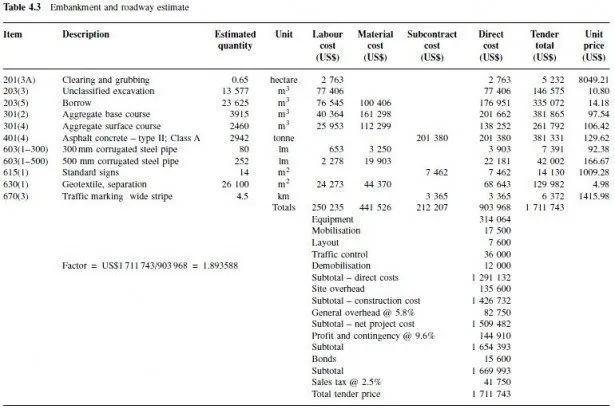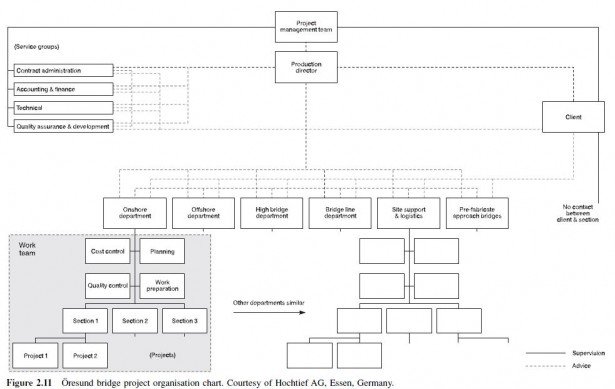The nature of the project obviously determines the other specialists that might be engaged during the planning and design stage. In the case of an educational facility, an educational specialist or facilitator might be engaged to assist in developing the programme of the project. This multifaceted task includes gathering information from various user groups, seeking means to resolve any conflicts and drafting a programme that clarifies expectations and sets forth the basis upon which the architectural staff can plan the various spaces and their relationships. Planning and design of court houses and airports usually requires special expertise from security consultants. If an auditorium were part of a project, an acoustical consultant might be engaged. Specialists in kitchen planning and design, library layout or laboratory design are other examples of the kinds of temporary experts that might assist on building projects. In the case of an industrial manufacturing plant, a specialist in process layout and work flow might join the team. Traffic consultants would likely assist in the planning of a new highway. Hydrologic specialists may work with geotechnical engineers to evaluate flood risks. A complete list of these other consultants is impossible and unnecessary; those given above indicate the wide range of specialties involved in typical projects. Rarely would these experts be part of the permanent staff in the design professionals office. Thus, they join the project team temporarily as subconsultants.

